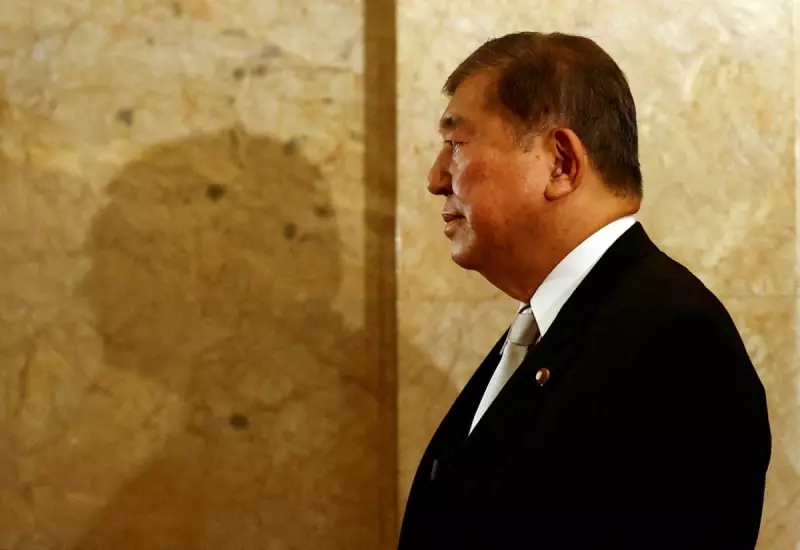
In a stunning political development that has sent shockwaves through Japan's political establishment, Prime Minister Shigeru Ishiba has announced his resignation following a catastrophic election defeat for his ruling Liberal Democratic Party.
The political earthquake was triggered by the LDP's disastrous performance in Sunday's Tokyo metropolitan assembly elections, where the party suffered its worst result in decades. Official results confirmed the party lost nearly half its seats in the powerful regional assembly, a devastating blow to Ishiba's leadership.
Unexpected Resignation Rocks Political Landscape
Speaking at a hastily arranged press conference, a visibly emotional Ishiba stated he would "shoulder the responsibility" for the election debacle. "The people's voice is clear," he told reporters. "We have failed to win their trust, and I must take responsibility for this outcome."
The Prime Minister's decision caught even senior party members by surprise, coming just hours after the election results were finalized. Political analysts had widely expected Ishiba to attempt to ride out the storm despite the poor showing.
Leadership Crisis Looms for Ruling Party
The resignation plunges Japan into political uncertainty at a critical time for the world's fourth-largest economy. Ishiba's administration had been grappling with numerous challenges including economic stagnation, demographic crisis, and rising regional tensions.
Senior LDP figures are expected to begin emergency discussions to select an interim leader who will serve until the party can hold a full leadership election. Several potential successors are already being mentioned in political circles, though no clear frontrunner has emerged.
International Implications
The sudden leadership change is likely to cause concern among Japan's international partners, particularly regarding the continuity of foreign policy and security arrangements. Ishiba had been pursuing closer defence ties with regional allies in response to growing Chinese military assertiveness.
Market analysts are watching developments closely, with the yen showing immediate volatility following the announcement. "Political instability in a major economy like Japan always creates uncertainty in financial markets," noted one Tokyo-based economist.
The resignation marks one of the shortest tenures for a Japanese prime minister in recent history, underscoring the volatile nature of the country's political landscape where leaders often struggle to maintain public support.





